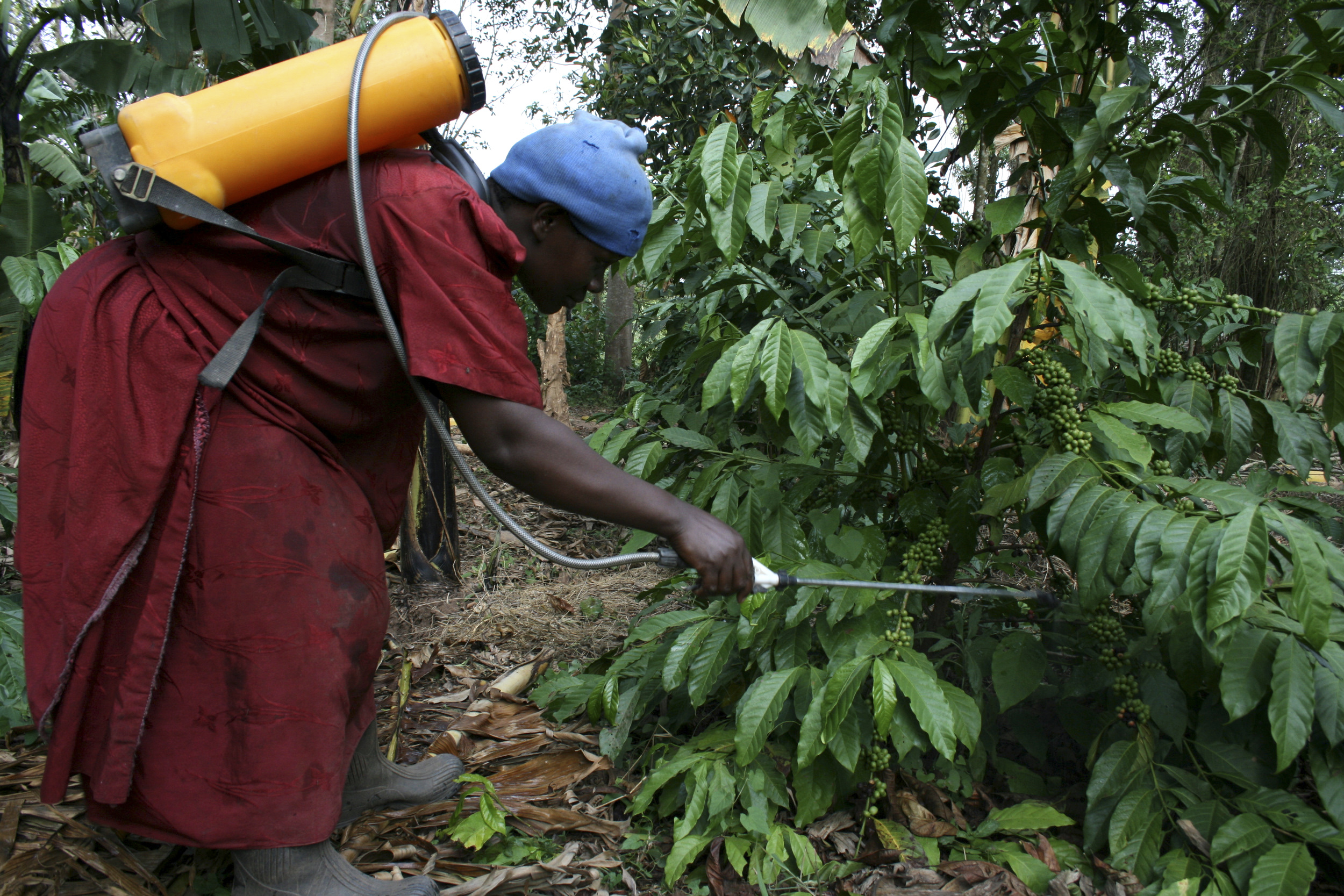By Fred Hidula
- With schools being closed for nearly two years now, the education sector contracted sharply in FY21.
- Public Investment in Uganda has recovered in FY21, growing at over 30 per cent, compared to only 4 per cent in FY20.
- Private investment contracted by 5 per cent, following an almost 1.5 per cent contraction in FY20.
Uganda is adjusting to the Covid-19 pandemic and an increase in infrastructural development, the World Bank has welcomed the country’s growth.
With schools being closed for nearly two years now, the education sector contracted sharply in FY21- with similar outcomes expected in the first half of FY22 as uncertainty looms over when this sector will fully reopen again.
This is according to a report in the daily monitor. Public Investment in Uganda has recovered in FY21, growing at over 30 per cent, compared to only 4 per cent in FY20 according to World Bank.
Read: Nigeria attracts Africa’s highest Foreign Direct Investments beating South Africa, Angola
The World Bank released the country’s 18th Economic update in the first week of this month.

Uganda has in the recent past heavily deployed and channelled its national cake towards improving its shambled infrastructure especially the road, railway, water and air transport systems.
This has greatly affected her domestic and foreign debt. Recently, Finance Minister, Matia Kassaija was brought into the spotlight to explain the nation’s financial woes with long term business ally China.
With increased levels of uncertainty, the World Bank asserts that private investment contracted by 5 per cent, following an almost 1.5 per cent contraction in FY20 as reported in the Daily Monitor.
Imports and exports definitely slowed during the early times of the Covid-19 pandemic, with slow acceleration in imports and slower recovery of exports.
This grossly strained the growth in the FY21 based on a World Bank report.
But with improved levels of business confidence, fewer trade disruptions and more open regional borders, the industrial sector was able to receive a boast which was driven by better performance of the construction and manufacturing sectors.
However, during the country’s election period in January, the two sectors grew at 9 and 11 per cent in the second half of FY21.
With an increase in population, domestic demand is supporting the growth of a number of social services despite a setback coming in from the areas of education, recreation and trade.
Uganda has had a long period of closure of schools coming to over two years now due to the Covid-19. And as a result, the education sector contracted sharply in FY21 with a similar outcome expected soon.
This is because the Education Minister and First Lady, Janet Kataha Museveni, clearly stated that the country would reopen the sector in January 2022.
But as things stand, a definite date for the reopening of primary and secondary schools has not been set yet. This only leaves higher institutions of learning such as universities open at the moment.
Should the government open the sector as stipulated, this would be a major boost for the economy.
With most schools owned by private investors, a lot of money has been lost both by the government and the proprietors due to the pandemic. There was a great decline in tax collection and revenues by Uganda Revenue Authority (URA).
Read: Uganda’s electricity sector named best in Africa for fourth consecutive year
Besides this, many school owners are choking on debts accumulated from banks locally with once finance minister, Kassaija suggested that he could not be of any help.
He suggested that private school owners sell off school property to raise resources to pay off banks. This was however strongly refuted by the educational private sector.

The country needs to earmark sectors that can help the economy grow faster and open them if it’s to realize an improvement in financial growth.
The education, recreation sectors remain key in achieving this goal. Also, with continuous investment in the transport sector which will see more people and goods travel regularly, this will greatly impact the economy.
Air transport has been generally affected grossly across the globe due to the covid-19 pandemic, but with most countries slowly gaining ground in the sector, Uganda can benefit from the same cause.
A big boost will come from the increase in the number of aircraft following the revival of the national airlines that has gained momentum with regional flights.
The increase in regional cross border trade should be of great relevance after economic activity stalled due to a domestic lockdown and border closures for the essential cargo.
This went on to derail the country’s exports. On a calendar year basis, real GDP growth was presumed to contract by up to 1 per cent in 2020 compared to 7.5 per cent growth in 2019, and as a result GDP growth is expected to rise to 4.5 per cent.
Even if GDP growth rebounds strongly by 2022, the level of per capita GDP will most likely remain stagnant below its pre-Covid trajectory.
This is according to a World Bank report. The country will need to look into areas that can stimulate faster growth such as the informal sector and provide the necessary support. This will in turn bolster quick revenue collections.
Read: Picture-based insurance launched to protects Kenyan smallholder farmers from climate change










